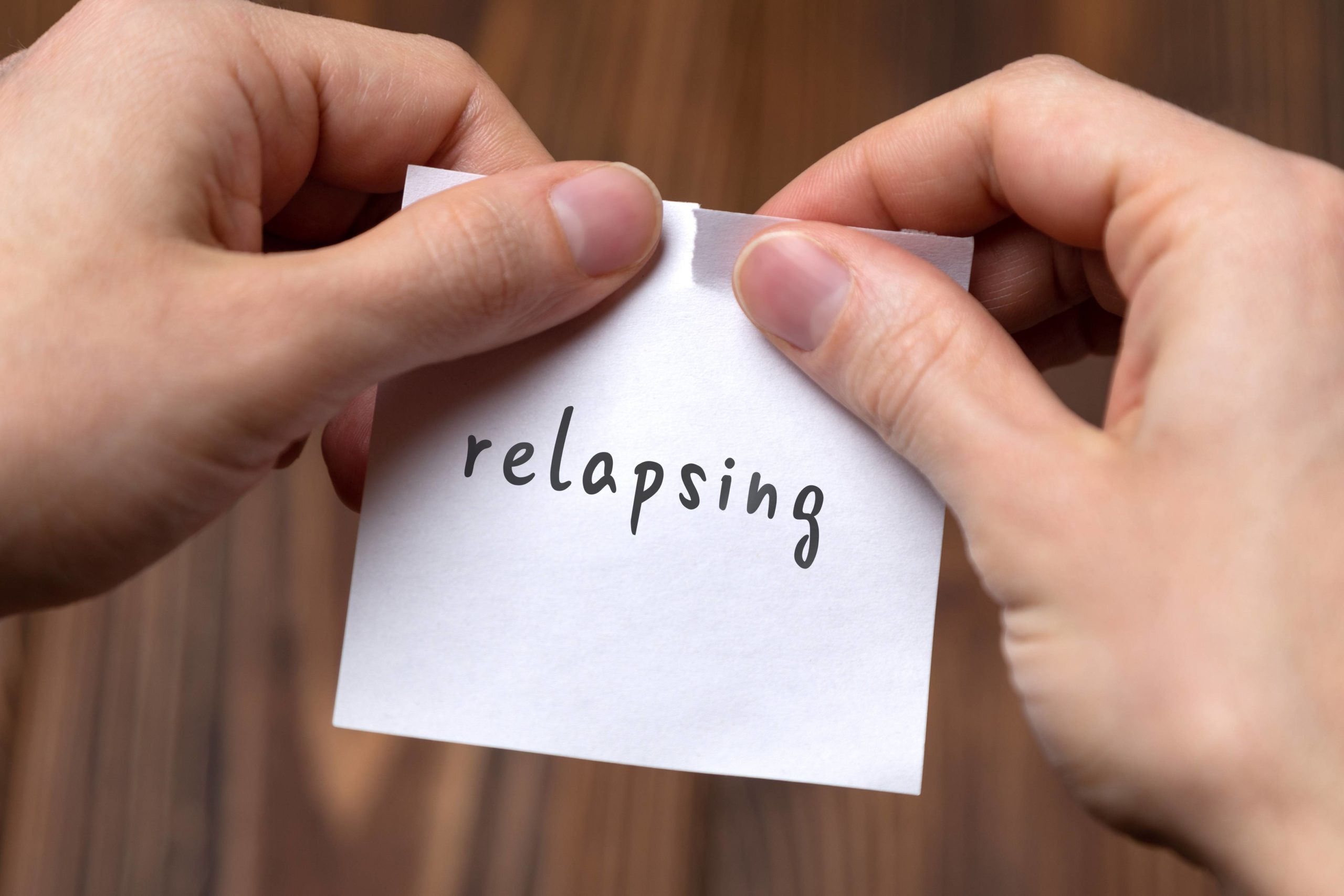More than 15 million Americans are addicted to alcohol, and 88,000+ people die from alcoholism each year. The disease of alcoholism is extremely common in the United States and throughout the world, partly because alcohol is widely accepted into society. Alcohol is included in all types of celebrations such as weddings, birthday parties, and date nights, as well as in times of mourning, like when a loved one passes away or a breakup occurs. No matter which way it’s sliced, alcohol is a part of the fabric of America whether we like it or not.
The majority of American adults find no difficulty in drinking responsibly, however millions more find it impossible. An alcoholic will start drinking and continue to drink despite any consequences that they may face. They will struggle to remain in control of how much they consume, often leading to drinking too much. This is the nature of an alcoholic, as the brain has been impacted so severely that the compulsion to keep drinking is more powerful than the will to stop.
Thankfully, however, alcoholism is a treatable condition. Many people receive professional treatment services and go on to live happy, sober lives. Many others, however, may have a more challenging road to walk in their recovery, especially if they suffer one or more relapses along the way.
What is a Relapse?
Simply put, a relapse occurs when someone who has gotten sober begins drinking (or using) again. A relapse does not reflect the one-time slip up of drinking, as that is called a “lapse.” Relapsing means that someone has started drinking regularly once again.
Relapse is common in the recovery community, as staying sober is the challenge of a lifetime for some. Everyone who has been in addiction treatment has developed skills to prevent them from relapsing in the future, including those who eventually experience one. Relapse is part of recovery regardless of if it happens or not. That is because everyone in recovery should be prepared to enact a plan in the event that they do relapse.
Not all relapses end quickly and with help from learned skills, rather some continue for long periods of time and get messy. The best defense that someone can have against relapsing in the future is knowing what the warning signs for this issue are.
Stages of Relapse
Very rarely will someone in recovery go from zero to sixty in terms of relapse. It is not common for a person to be steady in their sobriety one minute and then bellied-up to the bar the next. Relapse doesn’t happen overnight, rather there are stages of relapse that show the gradual progression from not drinking at all to drinking again. A complete relapse usually begins with an emotional relapse, followed by a mental relapse, followed by the physical relapse:
Emotional relapse
This first phase of relapse can be difficult to spot, as symptoms are not so blaringly clear. At this time, a person is not actively thinking of drinking again, but is instead neglecting their emotional needs. Symptoms of an emotional relapse include:
- Bottling up feelings
- Not attending AA or other support group meetings as frequently or at all
- Attending meetings but being disengaged while there
- Focusing on others’ issues rather than their own
- Defensiveness
- Not handling stress, anxiety, or other emotions in a healthy manner
- Poor or non-existent self-care
- Isolating from others
- Attempting to handle everything independently without asking for help from others
- Brushing off the need for support
As mentioned before, these symptoms can fly under the radar very easily. An emotional relapse may start out small, but if it is not addressed, these signs can grow more intense and lead to a mental relapse.
Mental relapse
During a mental relapse, a person is struggling with the idea of using again or continuing to stay sober. They might glamorize past use and consider actually drinking again. Signs of a mental relapse include:
- Having physical and/or psychological cravings
- Thinking about people, places, and things previously associated with their drinking
- Meeting up with people that they used to drink with
- Brushing off the severity of their past use
- Attempting to make excuses for why it is acceptable to drink again
- Envisioning drinking again
It is obvious that many of these signs occur internally, making it challenging for anyone on the outside to really know what’s happening. At this time, a person is likely to also be planning their physical relapse.
Physical relapse
A physical relapse occurs when a person actively seeks out alcohol and consumes it after maintaining sobriety for a period of time. By this time, the relapse has occurred and the most important signs to watch for are signs associated with active alcoholism, such as appearing intoxicated.
How to Stop a Relapse
The only person who will be able to stop a relapse from occurring is the individual themselves. No amount of intervening by other parties will be of any help if the individual is not steady in their sobriety. So, in order to stop a relapse, the person in recovery is going to be the one to make that call. You may be able to point out the signs of relapse to an alcoholic and attempt to offer your support so they remain sober. However, you cannot physically keep alcohol away from them if they decide they are going to drink again.
If you are the one of the verge of relapse, some of the things that you can do to help prevent a relapse form occurring can include the following:
- Envision you past use and the consequences that developed because of it
- Consider what will happen when you drink again — what repercussions will you face, will you consider your relapse “worth it”
- Reach out and talk to someone you trust, such as a close friend, family member, or a sponsor
- Utilize skills learned in treatment, such as meditation, talking a walk, finding something to engage yourself in, or even just waiting a half an hour
Need Help? Call Us Today.
If you are struggling with alcohol use disorder or are fearful of relapsing, call us right now. We can help you get back on track no matter how far away from the track you have gotten.
Do not wait. Call us today. We can help.






